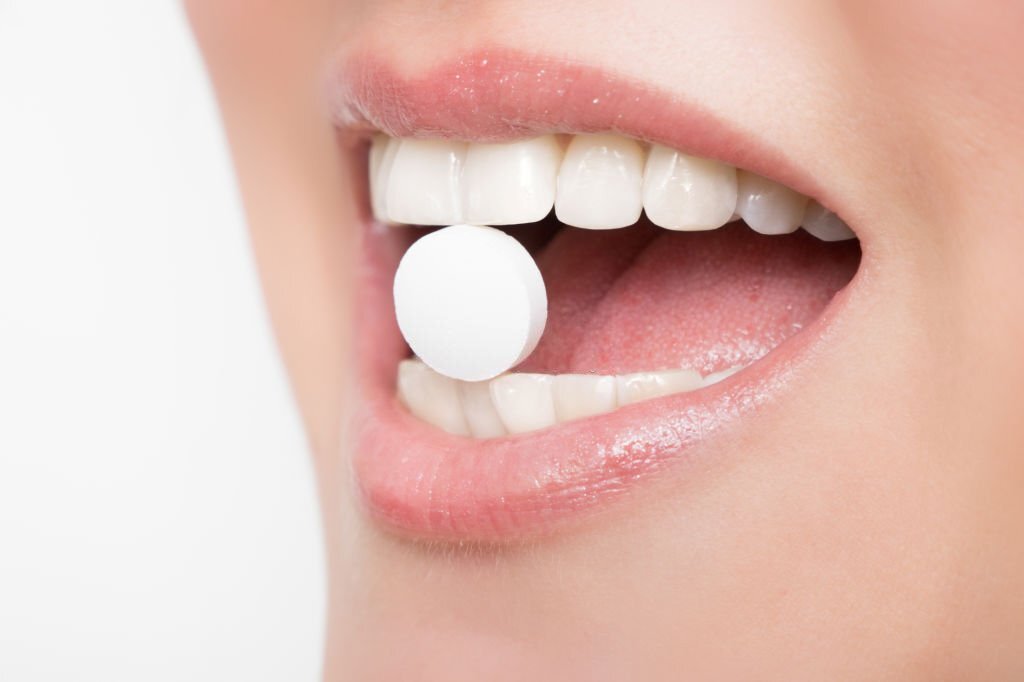Introduction:
Vitamins are essential for maintaining overall health, and many people turn to dietary supplements to ensure they meet their nutritional needs. Gummy vitamins have become a popular choice for both adults and children due to their appealing taste and texture. These chewable supplements come in various flavors, shapes, and colors, making them more enjoyable to consume than traditional vitamin pills. While gummy vitamins offer convenience and can be an easy way to supplement your diet, there are concerns about their impact on dental health. In this blog post, we will explore the effects of gummy vitamins on your teeth, understand how their composition differs from traditional vitamins, discuss the role of sugars and acids in gummy vitamins, and provide practical tips for maintaining good oral health while still benefiting from the essential nutrients in these supplements.
Composition of Gummy Vitamins:
Gummy vitamins are formulated to mimic the taste and texture of gummy candies, making them more appealing to children and even adults who struggle with swallowing pills. The composition of gummy vitamins typically includes:
Sugars and Sweeteners:
Gummy vitamins are sweetened with sugars or sugar substitutes to enhance their taste. These sugars can be in the form of sucrose, glucose syrup, or other sweeteners like high-fructose corn syrup or sugar alcohols.
Gelatin:
Gelatin is the primary ingredient that gives gummy vitamins their chewy and gummy texture.
Flavorings and Colors:
Gummy vitamins contain natural or artificial flavors and colors to create different taste sensations and appealing appearances.
Essential Nutrients:
Gummy vitamins provide essential vitamins and minerals needed for various bodily functions, such as vitamin C, vitamin D, vitamin B-complex, and calcium.

Effects of Sugars and Acids on Dental Health:
The high sugar content in gummy vitamins is a major concern for dental health. When chewed and consumed, the sugars in gummy vitamins come into direct contact with the teeth, providing an energy source for harmful oral bacteria. These bacteria produce acids as byproducts when breaking down sugars, leading to an acidic environment in the mouth.
The acids can attack the tooth enamel, the protective outer layer of the teeth, causing enamel erosion over time. Enamel erosion weakens the teeth, making them more susceptible to cavities, tooth sensitivity, and other dental problems.
Moreover, the stickiness of gummy vitamins can cause them to cling to the teeth, prolonging the exposure of sugars and acids to the dental surfaces. Frequent consumption of gummy vitamins throughout the day can exacerbate the risk of dental issues.
Children and Gummy Vitamins:
Gummy vitamins are particularly popular among children, as they are seen as a fun treat rather than a dietary supplement. However, parents should be cautious when giving gummy vitamins to their children, especially if they have a sweet tooth or are prone to dental issues.Children may enjoy gummy vitamins, but they may not be aware of the potential harm they can cause to their teeth. It is essential for parents to monitor their children’s consumption of gummy vitamins and establish good oral hygiene habits from an early age.
Practical Tips for Maintaining Good Oral Health:
Choose Sugar-Free Alternatives:
Consider opting for sugar-free or low-sugar gummy vitamins. Check the product label for sugar content and choose those with healthier sweeteners or sugar substitutes.
Limit Consumption:
Be mindful of the frequency and quantity of gummy vitamins you or your children consume. Avoid snacking on gummy vitamins throughout the day.
Brush and Floss:
After consuming gummy vitamins, brush your teeth thoroughly to remove any residual sugars and acids. Floss daily to clean between teeth where gummy residue may be lodged.
Drink Water:
Drink plenty of water after consuming gummy vitamins to help wash away sugars and acids and maintain saliva flow.
Regular Dental Check-ups:
Schedule regular dental check-ups for you and your children to monitor oral health and address any issues promptly.
Supplement with Traditional Vitamins:
Consider using traditional vitamin pills or other forms of supplements that are less likely to stick to the teeth and contain no added sugars.
Educate Children:
Teach children about the importance of oral health and the potential impact of gummy vitamins on their teeth. Encourage them to adopt good oral hygiene practices.
Conclusion:
Gummy vitamins are a popular and convenient way to supplement your diet with essential nutrients. However, the high sugar content and stickiness of gummy vitamins can pose risks to dental health. The sugars and acids in gummy vitamins can contribute to enamel erosion, tooth decay, and other dental issues, especially when consumed frequently.To maintain good oral health while benefiting from the essential nutrients in gummy vitamins, it is essential to be mindful of consumption habits and establish proper oral hygiene practices. Opting for sugar-free or low-sugar alternatives, limiting consumption, brushing and flossing regularly, and supplementing with traditional vitamins are practical steps to protect your teeth while still meeting your nutritional needs.Educating children about the potential impact of gummy vitamins on their teeth and encouraging them to adopt good oral hygiene practices from an early age are crucial in promoting a lifetime of healthy smiles. Remember, good oral health is an integral part of overall well-being, and making conscious choices regarding dietary supplements can contribute to maintaining a radiant smile for years to come.


